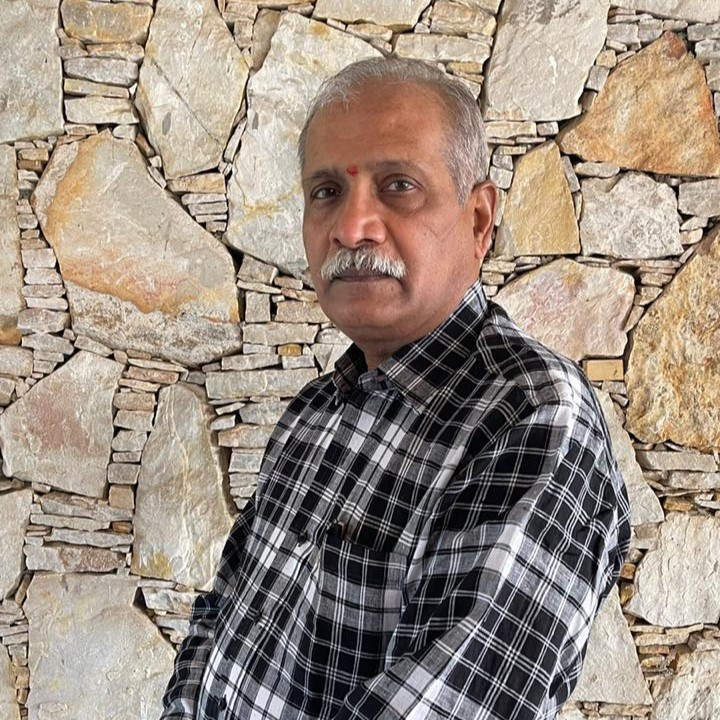The majority of addicts are afraid to ask for help to overcome their addiction. They are embarrassed or scared of being judged by others. Their major worry is, “Will others treat me differently?” Or “Does this mean I’m weak?” They may even have doubts about whether the treatment will work for them. Many addicts think they must handle it alone. Sadly, these doubts hold most addicts back. Yet accepting help shows courage. It is a turning point and a sign of hope.
“Breaking the Stigma: Why Seeking Help for Addiction Is a Sign of Strength” is not just a phrase. It’s a call to action and reinforces that seeking help is bravery.
Why People Are Skeptical About Seeking Help
Addiction is frequently seen by society as a moral weakness. Due to the shame associated with addiction, this idea deters people from getting treatment. Secondly, people worry about getting labelled. They fear being called “an addict.” Thirdly, there are myths about the treatment. People think rehab is too costly or that therapy won’t work, hence the trust is low. Fourth, past failures haunt them. Some may have tried giving up their addiction in the past and failed. A relapse can feel like defeat, and as a result, many avoid treatment.
However, statistics show that most people who seek help rebound. They rebuild their lives and regain purpose. They gain better mental health, yet fear holds them back.
Misconceptions About Addiction
1. “Addiction is a choice.”
No. Addiction is a complex condition wherein the brain gets trapped. As a result, it affects judgment, self-control, and impacts decision-making ability. Addiction is more like a disease and not a moral weakness.
2. “People with addiction are weak.”
No. Addiction is not a sign of weakness. Regardless of one’s background, he/ she can become an addict. People struggling with addiction often face stress or mental health challenges. It requires persistence to face it.
3. “Recovery is impossible.”
No. This belief is wrong. With proper care and support, most people recover. Most people live a healthy life after treatment. A well-structured recovery program works along with peer support. Treatment center’s provide tools for patients to heal.
4. “You only need willpower.”
No. Willpower alone cannot help. Though willpower is essential, addiction can change brain chemistry, which makes the person lose control over their decision-making power. To overcome addiction, professional help is needed. Medical attention and coping mechanisms support the speedy recovery of patients. Relapse prevention strategies, along with counselling, strengthen recovery.
5. “Seeking help means you failed.”
No. Asking for help is a sign of strength. It requires strength to ask for help for de-addiction treatment. It’s a positive gesture that the addict wants to overcome his current condition and seeks to live a normal life. Asking for help is the first signal to recovery.
Why Seeking Help Signals Strength
Many consider seeking help to be a sign of weakness. But seeking help requires courage and breaks denial. It helps individuals accept reality and shows commitment towards living a normal life. Every person who seeks help displays bravery. It weakens shame and builds hope. They prove that recovery begins with a choice—a strong one
The Role of a Supportive Environment
Recovery thrives in a safe space. A supportive environment is essential to a person’s quick recovery. People open up and discuss their difficulties when they feel heard. They gain knowledge from other people’s experiences, and this relationship fosters optimism. A place free from judgment, empathy, and healing encourages speedy recovery.
How Alpha Healing Center Creates a Supportive Environment for Recovery?
The Alpha Healing Center is an ISO certified comprehensive medical and psychiatric care rehab center in India. It creates a supportive environment for recovery through an overall, evidence-based approach. Located in Gujarat near Vadodara, the center mixes clinical excellence with a healing environment. In addition, it operates under the clinical governance of Adayu, a Fortis Group Company, so it balances therapeutic warmth with high standards.
Inclusive and Holistic Care – The Alpha Healing Center does not stop at clinical treatment. Instead, it offers an integrated welfare program that addresses the mind, body, and soul. Alpha Healing Centre boost of modern evidence-based remedies such as CBT, DBT and family therapy. The program also includes healthy food, yoga, meditation, mindfulness, art and music therapy, which complements customers’ natural recovery. Recovery resulted in a nutritious setting that respects the needs of each person.
Skilled and Compassionate Team – The expert team of the Center contributes significantly to its supporting environment. The team of Psychiatrists, Clinical Psychologists, Occupational Therapist, Expressive Art, and Music Therapist, Yoga Teacher and counsellors closely collaborate making Alpha Healing Center the best rehabilitation center in India. Some employees share their personal recovery trip, which adds empathy and connects with patients’ own journeys.
Personalized Treatment Plans – The Alpha Healing Center creates an environment for recovery by creating tailor-made treatment plans for each guest. After an initial assessment, customers receive supervised detox therapy (if necessary), and customized recovery plans with relapse prevention programs. As a result, customers feel empowered and strong, not just treated.
To sum it all up, many people are scared to seek help. They fear judgment. They doubt the treatment. They feel shame. Yet breaking that stigma matters. It transforms lives. It restores hope. It builds strength.
Alpha Healing Center makes a difference. It offers safe, personalized, and holistic care. It brings peer support. It supports clients before, during, and after treatment.
So remember: Breaking the Stigma: Why Seeking Help for Addiction Is a Sign of Strength. Seeking help is not a weakness. It is a strength. It is healing. It is a choice. It is power.





